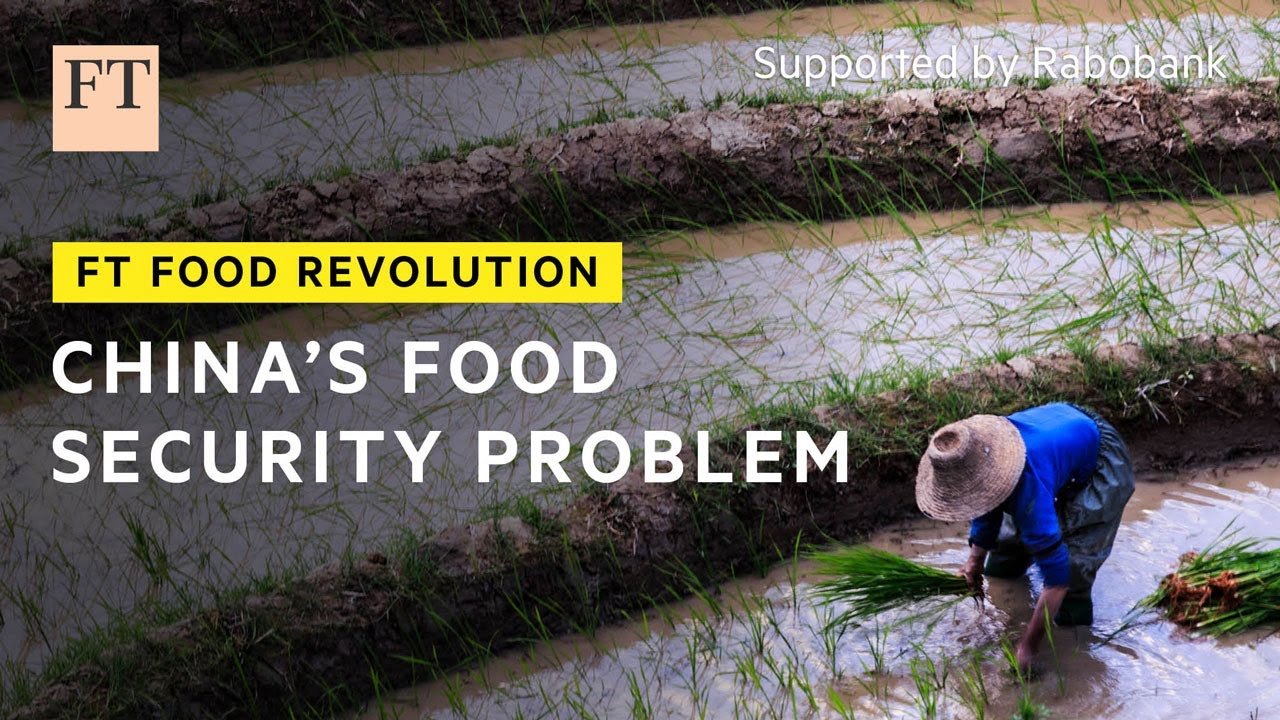China is intensifying its focus on food security amid challenges such as the trade war with the US, the COVID-19 pandemic, and global geopolitical tensions. The country’s efforts to become self-sufficient in food production are being complicated by rapid urbanization, changing diets, and the limitations of its arable land. Despite these challenges, Beijing is implementing various strategies to enhance food security, including forging agricultural ties with allies, diversifying import sources, and embracing genetically modified crops.
- Food security is a top policy priority for China, emphasized by the challenges of the trade war, COVID-19 pandemic, and geopolitical tensions.
- President Xi Jinping has highlighted the importance of self-sufficiency in food production to avoid reliance on other countries.
- Rapid urbanization and a shift towards diets with more meat, dairy, and processed foods are increasing pressure on China’s limited arable land.
- China has less than 12% arable land, a significant contrast to the US, which has 17.7% arable land but a much smaller population.
- Consumer resistance and concerns over dependency on imported genetically modified (GM) seeds have slowed the adoption of GM crops in China.
- China’s agricultural efficiency is lower compared to countries like the US, with a notable gap in corn output per hectare.
- Since 2004, China has been a net importer of agricultural products and is now the leading purchaser of soybeans, corn, and rice.
- Beijing is enhancing food security through strategies such as building closer agricultural ties with countries like Brazil and diversifying its import sources.
- More than 100 agricultural cooperation agreements have been signed with countries involved in the Belt and Road initiative.
- Domestically, China has reclaimed over 170,000 hectares of farmland and preliminarily approved the planting of genetically modified corn and soybean varieties.
- Challenges remain in aligning farmers’ practices with national self-sufficiency targets due to the small average farm size in China.
- Climate change, leading to severe floods and droughts, further complicates China’s efforts towards achieving food security.
The Financial Times is a British daily business newspaper printed in broadsheet and also published digitally that focuses on business and economic current affairs.
AllSides Media Bias Rating: Center
https://www.allsides.com/news-source/financial-times-media-bias
Official website: https://www.ft.com/
Original video here.
This summary has been generated by AI.

Leave a Reply